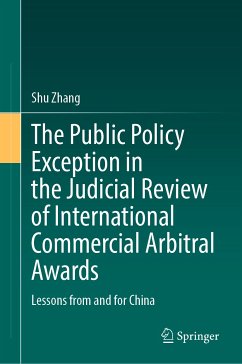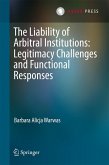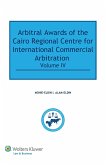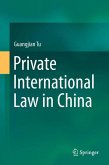The book is based on a review of both legislation and cases in China and a comparison with the international trends and consensuses, as well as a systematic assessment of China's performance in defining and applying public policy in the judicial review of international commercial arbitral awards. Valuable insights are provided on the basis of detailed analysis of the relevant cases. In this context, the author raised and examined a few key questions to be answered by the judicial practice, including: the international/national nature of public policy, the key elements of public policy, and the appropriate boundaries of judicial review. The author also highlighted a few unique legal concepts and approaches adopted in the Chinese context and evaluated its impacts on foreign parties and practitioners dealing with arbitration issues in China.
It is proposed that, in the context of China's recent law reforms, further steps are expected to be taken by the Chinese legal system in order to achieve a more comprehensive view of the public policy exception that is consistent with the globalized trend of a converging understanding of public policy in international arbitration.
Dieser Download kann aus rechtlichen Gründen nur mit Rechnungsadresse in A, B, BG, CY, CZ, D, DK, EW, E, FIN, F, GR, HR, H, IRL, I, LT, L, LR, M, NL, PL, P, R, S, SLO, SK ausgeliefert werden.









